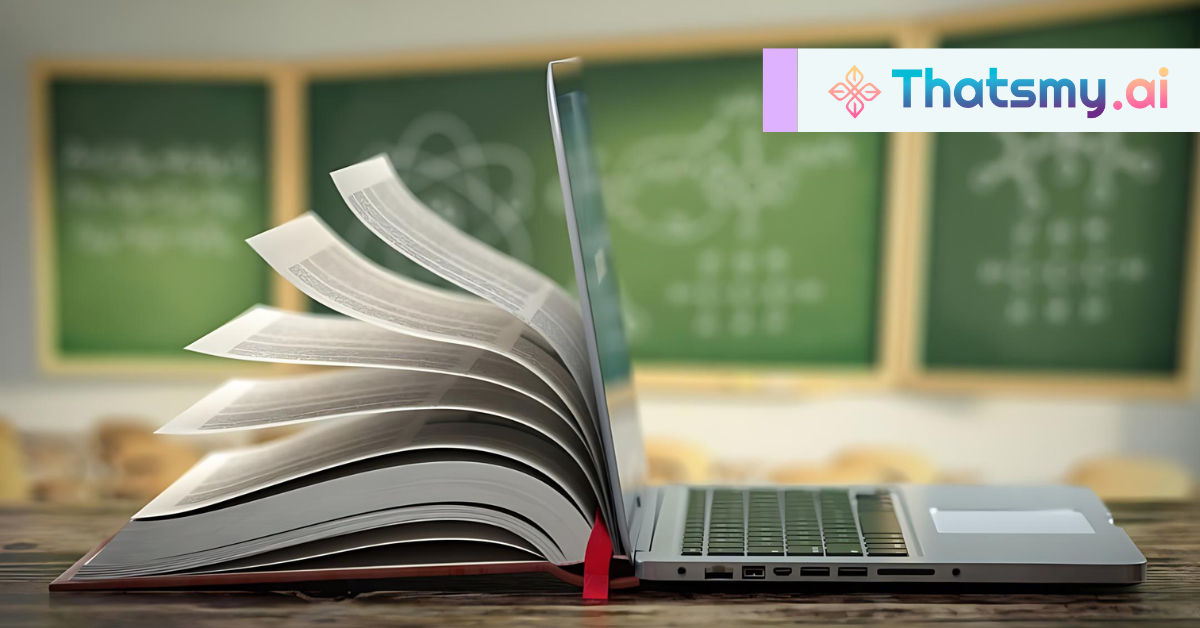South Korea's AI textbook program, designed to personalize education, faces skepticism from parents concerned about data privacy, reduced human interaction, and the effectiveness of AI in learning. The government emphasizes the benefits of AI in addressing educational disparities and enhancing teacher capabilities. As AI continues to shape the future of education, addressing these concerns is crucial for successful integration. South Korea's experience may offer valuable insights for other countries exploring AI in classrooms.

South Korea is taking bold steps to revolutionize its education system by introducing AI-powered textbooks. These digital resources are designed to tailor educational content to each student’s learning pace, offering a personalized learning experience.
Starting in 2024, the government plans to gradually roll out these AI textbooks, with full implementation across most subjects by 2028.
The primary goal of this initiative is to shift away from traditional, memorization-based teaching methods and move towards a more interactive and engaging learning environment. AI-powered textbooks will allow teachers to track student progress through digital dashboards, enabling them to adapt lessons to meet individual needs.
This approach aims to help students who either struggle to keep up or find the traditional curriculum unchallenging.
Despite the promising potential of AI textbooks, many parents in South Korea have expressed significant concerns.
Over 50,000 parents have signed a petition urging the government to reconsider the rapid implementation of this technology. Their worries center on the potential negative impacts of excessive screen time, including issues with children’s cognitive development, attention spans, and overall well-being.
Parents are particularly concerned that the increased use of digital devices in classrooms might lead to students misusing these tools for non-educational purposes, such as gaming or browsing the internet.
Moreover, the lack of detailed information on how the AI textbooks will work has only heightened their skepticism.
Interestingly, a majority of teachers in South Korea appear to support the government's plans, with 54% of state school teachers in favor of integrating AI into classrooms.
They believe that AI-powered textbooks could re-engage students and foster creative thinking by offering diverse content tailored to various learning levels.
South Korea’s initiative stands in contrast to trends in other developed countries, where there is a growing emphasis on limiting screen time in educational settings.
This global perspective raises questions about whether South Korea's approach might be too focused on technological innovation at the expense of students' holistic development.
As South Korea moves forward with its AI textbook initiative, the outcome of this ambitious plan will likely have significant implications for educational policies worldwide. The challenge lies in finding the right balance between embracing technological advancements and ensuring the overall well-being of students.
Parents, educators, and policymakers will need to work together to navigate this complex terrain and ensure that the future of education is both innovative and nurturing.
Sign up to gain AI-driven insights and tools that set you apart from the crowd. Become the leader you’re meant to be.
Start My AI Journey
ThatsMyAI
19 July 2024

ThatsMyAI
27 June 2024